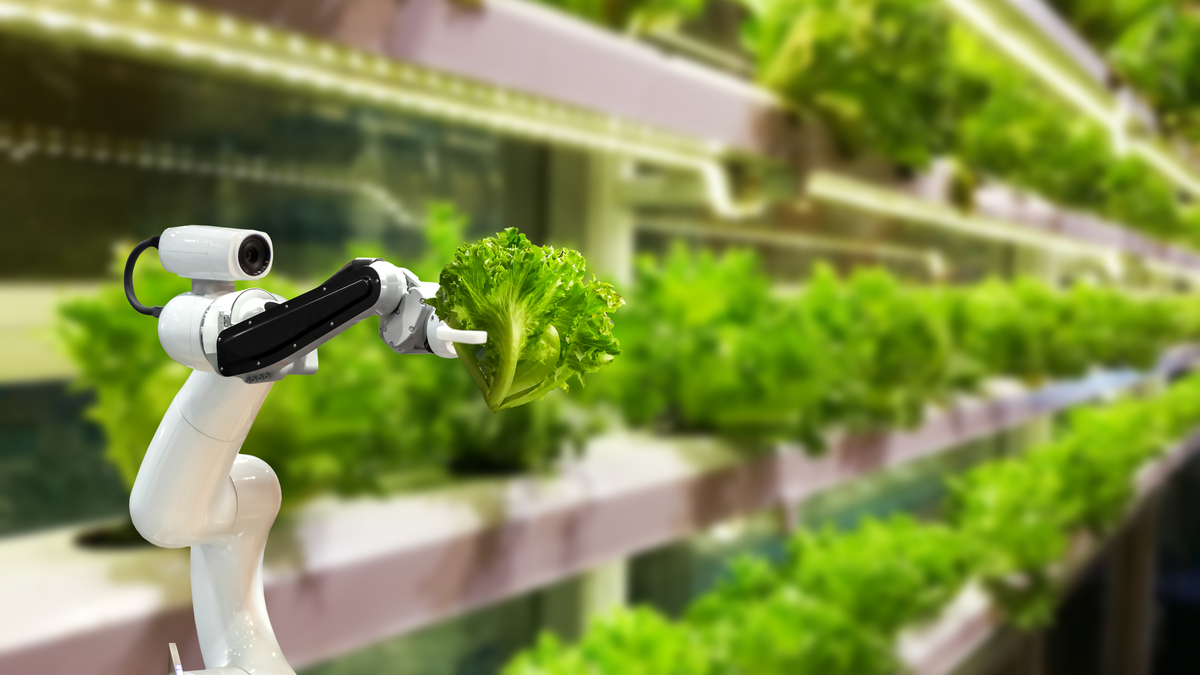Just the thought of making changes to a home in order to make it more green can be overwhelming to many homeowners. It can be very tough to know which changes will make the biggest environmental impact. The eco-friendly tips and techniques in this article can help you develop a green energy plan.
You can make a difference and save energy simply by taking steps to use less energy every day. When a certain appliance is not in use, unplug it. Make sure you turn off lights and electronic appliances when you do not plan on using them. This simple suggestion helps cut your electricity bills.
Replace or clean your furnace filter at least once every 90 days, and check it once per month for build-up. Warm-air registers should also have filters installed on them. This reduces debris and small toys from falling into the ducts, which will make them less efficient.
Try heating your home with a wood pellet stove. The pellets burned in a pellet stove are made of highly compact sawdust. They burn so cleanly than they are not required to get an EPA certification for emissions. Be aware, however, that the cost of the pellets may be high in some areas.
Instead of using the dryer, dry your laundry outdoors when weather permits. This can cause your clothes to smell really good. They’ll be smelling much fresher than if they were just dried in a dryer. Also, your utility bills will be greatly decreased.
If you are interested in alternative energy sources, you can start by contacting your current energy provider to see if they have anything to offer. Many companies are now able to harness power from solar and wind power. This may cost you more, as there is a price for the extra work involved in tapping these sources, but you will be doing the environment a favor!
In order to save energy at home, plug your electronics, including televisions and DVD players, into power strips and when you are not using them, turn off the power strips. Not only will you be preserving energy by doing this, but you will also be saving money on your electricity bill.
If there is running water on your property, you should consider investing in a good hydro-power solution. A simple mill can turn into an energy generator. Get in touch with Department of Energy Efficiency and Renewable Energy to find out if your stream is strong enough to produce a significant amount of power.
Take advantage of the sun by installing solar panels on your roof. These panels will harvest the energy from the sun and convert it into usable power for your home. Most energy companies will purchase any excess power that is created. You will discover at the least, a reduction in your power bill each month.
Try switching to CFLs. The compact fluorescent bulbs tend to use about 75 percent less energy than the traditional incandescent bulbs do, plus they last around 10 times longer. They are pricier than the traditional bulbs, but it takes only a few months to make up for it in energy savings.
Learn about the differences between passive and active solar power. Active power can be stored for later use. Passive power must be utilized more quickly but no expensive storage cells are required. Active solar power requires a lot of involvement in the form of installation, mechanics, and power cells. Passive solar power is simply making use of the sun to keep thermal energy in your walls so you can heat your home.
The type of green energy system that will work for your home depends on the location and orientation of your house. These differences will make green-energy technology needs vary. There are some options that work for everyone, while others won’t. Research and focus on tips and ideas that work for your particular home and then make use of them.

